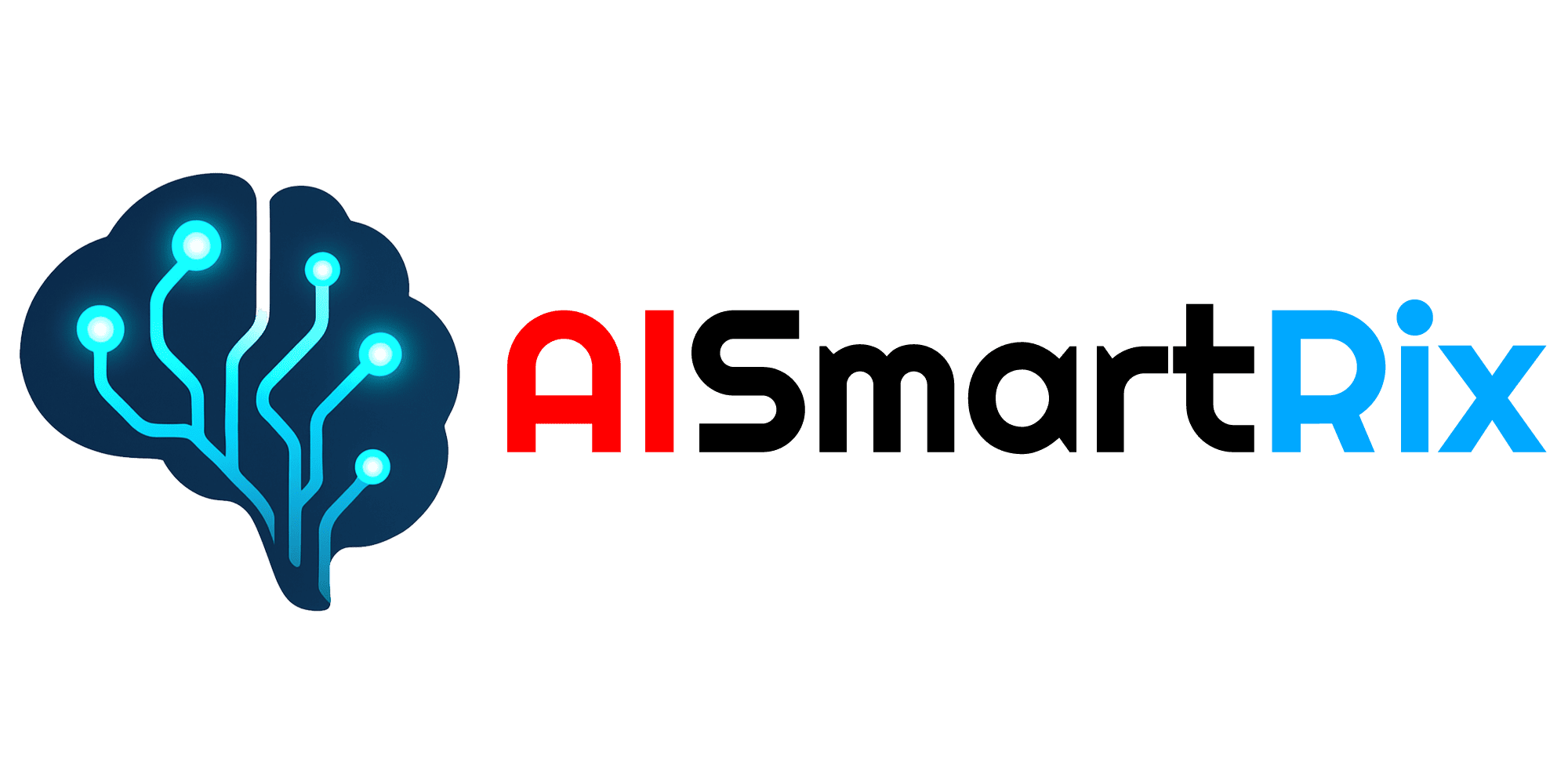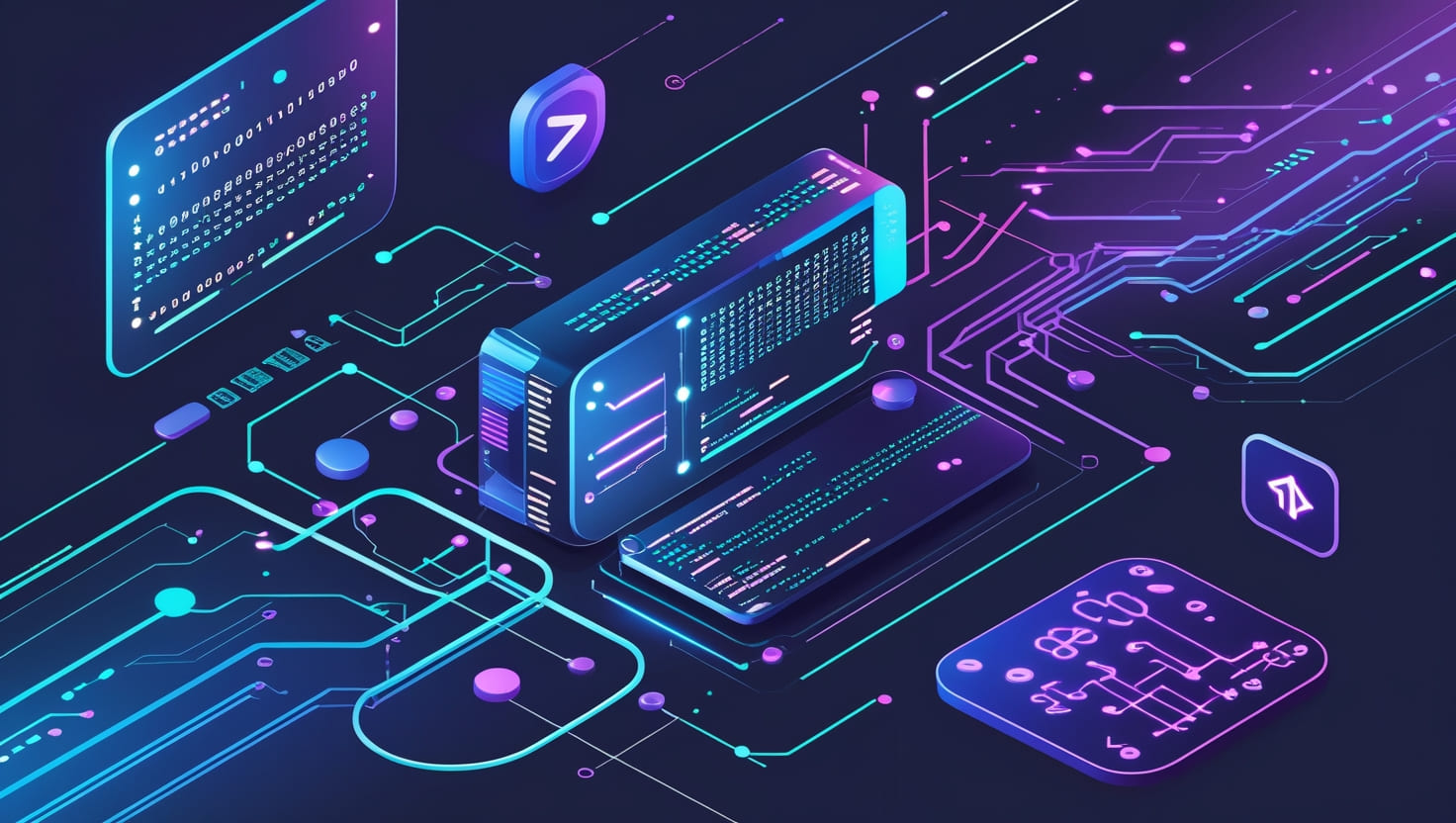The world of software development is evolving at lightning speed, and AI code assistants have become essential tools for developers in 2025. Whether you’re building web applications, enterprise solutions, or cloud-native services, AI-powered tools can supercharge productivity, reduce bugs, and streamline code quality like never before. Here’s a comprehensive list of the Top 10 AI Code Assistants for developers in 2025.
1. GitHub Copilot
GitHub Copilot continues to dominate the AI coding landscape in 2025. Backed by OpenAI’s advanced language models, it integrates seamlessly with popular IDEs like Visual Studio Code, JetBrains, and Neovim. Copilot provides real-time code suggestions, entire function generation, and even context-aware documentation.
Key Features:
- Supports multiple programming languages.
- Autocompletes entire functions with high accuracy.
- Provides documentation and code translations.
- Integrates easily into existing workflows.
Best For: Full-stack developers, enterprise teams, and anyone seeking fast, accurate code suggestions.
2. Cursor (by Anysphere)
Cursor has quickly risen to prominence as a developer-first AI IDE. Built on top of Visual Studio Code, Cursor offers highly contextual code generation, smart rewrites, refactoring assistance, and in-depth codebase analysis.
Key Features:
- Multi-step reasoning for complex coding tasks.
- Deep integration with your existing repositories.
- Privacy-first design, suitable for sensitive projects.
- Continual updates to support cutting-edge coding standards.
Best For: Developers working on large-scale projects who need intelligent refactoring and complex code assistance.
3. Anthropic Claude Opus 4
Claude Opus 4 has set a new standard in reasoning and long-context code generation. With massive context windows and advanced problem-solving capabilities, it helps developers tackle sophisticated challenges like debugging, optimization, and system design.
Key Features:
- Exceptional performance on coding benchmarks.
- Handles long files and multi-module projects with ease.
- Highly effective for bug fixing and large code reviews.
Best For: Developers dealing with complex architectures and long codebases.
4. OpenAI Codex Agent (ChatGPT Code Interpreter)
OpenAI’s Codex Agent, integrated into ChatGPT, takes AI-powered coding to the next level. It not only writes and debugs code but can also simulate autonomous workflows, running tests and suggesting improvements.
Key Features:
- Natural language interaction for code tasks.
- Multi-step problem-solving and autonomous debugging.
- Supports a wide range of programming languages and frameworks.
Best For: Developers seeking an all-in-one AI coding assistant capable of autonomous code generation and analysis.
5. Google Jules
Google Jules offers asynchronous background code processing, allowing developers to offload tasks like testing, code reviews, and refactoring while continuing active development.
Key Features:
- Runs background coding jobs without blocking active development.
- Seamlessly integrates with Google Cloud and Android Studio.
- Accelerates test execution and code optimization.
Best For: Developers working in parallel on large codebases needing efficient multitasking.
6. Amazon Q Developer (formerly CodeWhisperer)
Amazon Q Developer leverages AWS’s cloud infrastructure to offer an enterprise-grade AI coding assistant. It assists in code generation, documentation, migrations, and even security vulnerability detection.
Key Features:
- Deep integration with AWS services.
- Security scanning and compliance monitoring.
- Excellent for cloud-native and serverless applications.
Best For: Developers building scalable cloud applications on AWS.
7. Tabnine
Tabnine remains a popular choice for developers prioritizing data privacy. With both local and cloud-based models, it offers high-speed code completions across over 80 languages.
Key Features:
- On-premise deployment for maximum security.
- Supports most major IDEs.
- Customizable models for team-specific coding styles.
Best For: Enterprises and teams with strict data privacy and compliance requirements.
8. Sourcegraph Cody
Sourcegraph Cody specializes in code understanding, offering powerful semantic search and context-aware code generation across large repositories.
Key Features:
- Deep codebase indexing and search capabilities.
- Smart documentation generation.
- Excellent for multi-repository navigation.
Best For: Organizations managing complex, distributed codebases.
9. Qodo Gen (formerly CodiumAI)
Qodo Gen focuses on code quality, automated testing, and intelligent code review. Its AI-powered features like TestGPT help developers maintain robust, error-free code with minimal manual intervention.
Key Features:
- Automated unit test generation.
- Intelligent pull request reviews.
- Quality-first approach to coding standards.
Best For: Teams emphasizing high-quality, test-driven development workflows.
10. GitLab Duo
GitLab Duo is designed to work natively within the GitLab ecosystem, assisting developers in writing commits, generating merge requests, and triaging issues automatically.
Key Features:
- Deep GitLab CI/CD integration.
- Intelligent issue triage and resolution suggestions.
- Real-time assistance during code reviews.
Best For: Development teams using GitLab pipelines and CI/CD workflows.
AI Code Assistants Market Trends in 2025
- Massive Adoption: Over 90% of professional developers now use AI code assistants regularly.
- Enterprise Integration: Major platforms like GitHub, AWS, Google Cloud, and GitLab are embedding AI deeply into their developer tools.
- Agentic Workflows: AI assistants increasingly handle multi-step workflows, from writing code to debugging and deployment automation.
- Security Focus: Tools are adding vulnerability detection and compliance monitoring as standard features.
- Productivity Boost: Teams report up to 50% faster coding cycles and significant reductions in debugging time.
How to Choose the Best AI Code Assistant
| Use Case | Recommended Tool |
|---|---|
| Autocomplete & quick coding | GitHub Copilot, Tabnine |
| Refactoring complex code | Cursor |
| Large-scale reasoning | Claude Opus 4, OpenAI Codex |
| Cloud-native development | Amazon Q Developer |
| Test-driven development | Qodo Gen |
| GitLab integration | GitLab Duo |
| Repository search & docs | Sourcegraph Cody |
| Parallel background tasks | Google Jules |
Final Thoughts
In 2025, AI coding assistants are no longer just helpful—they’re transformational. From writing entire modules to debugging complex systems, these tools redefine software engineering efficiency. Whether you’re a solo developer, part of a startup, or building enterprise-grade solutions, choosing the right AI code assistant can dramatically enhance your workflow, increase productivity, and ensure higher code quality.





